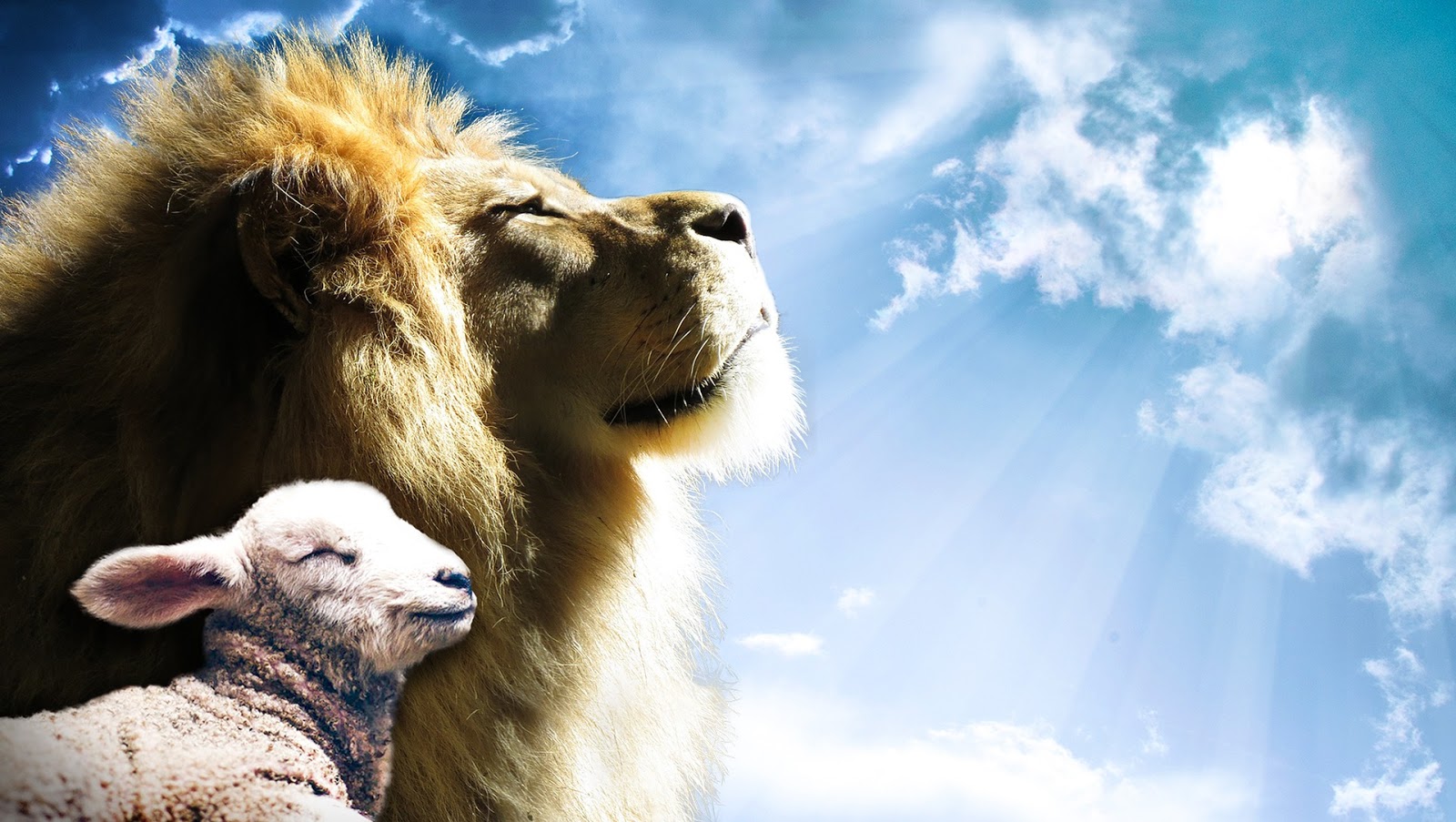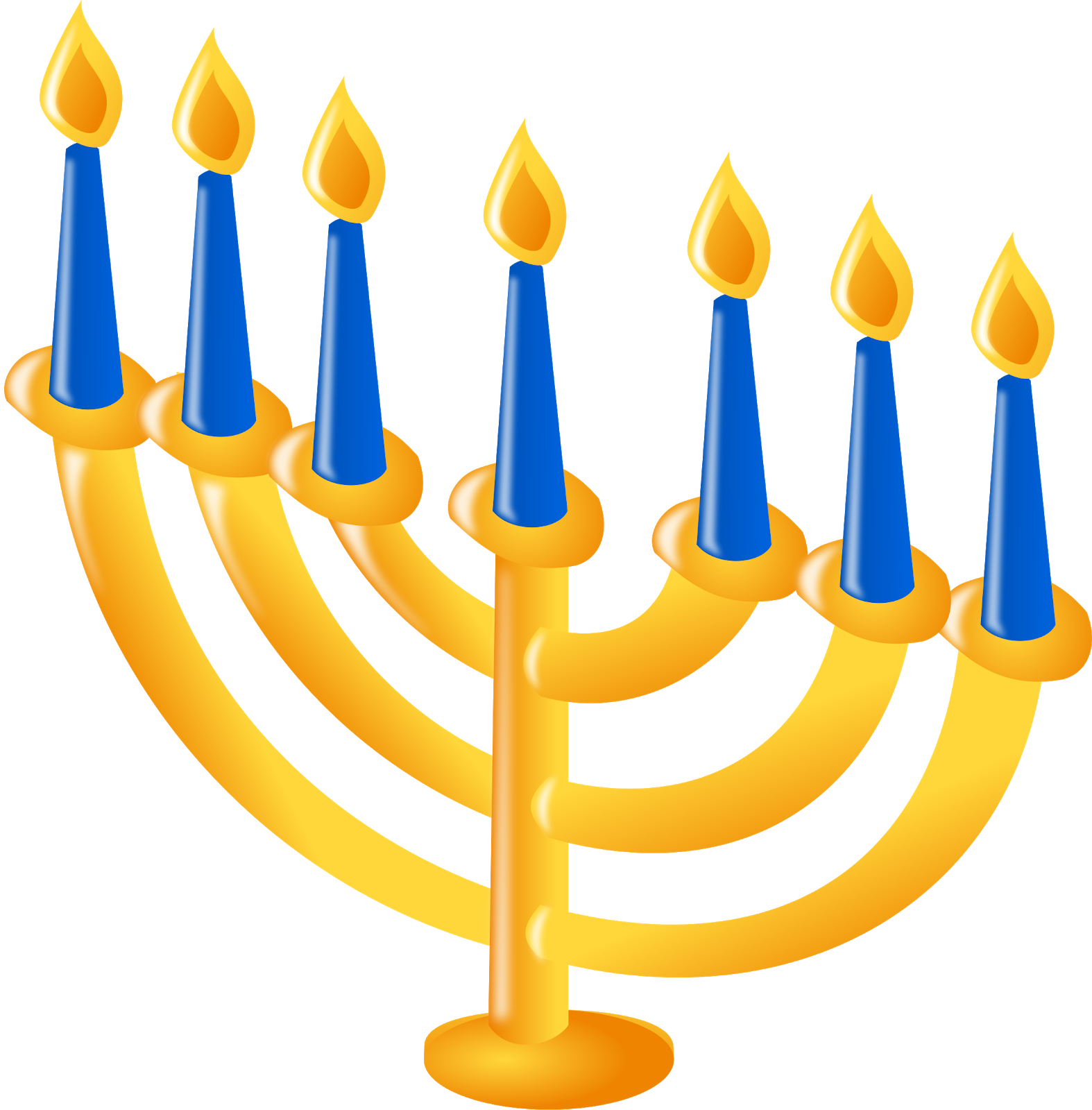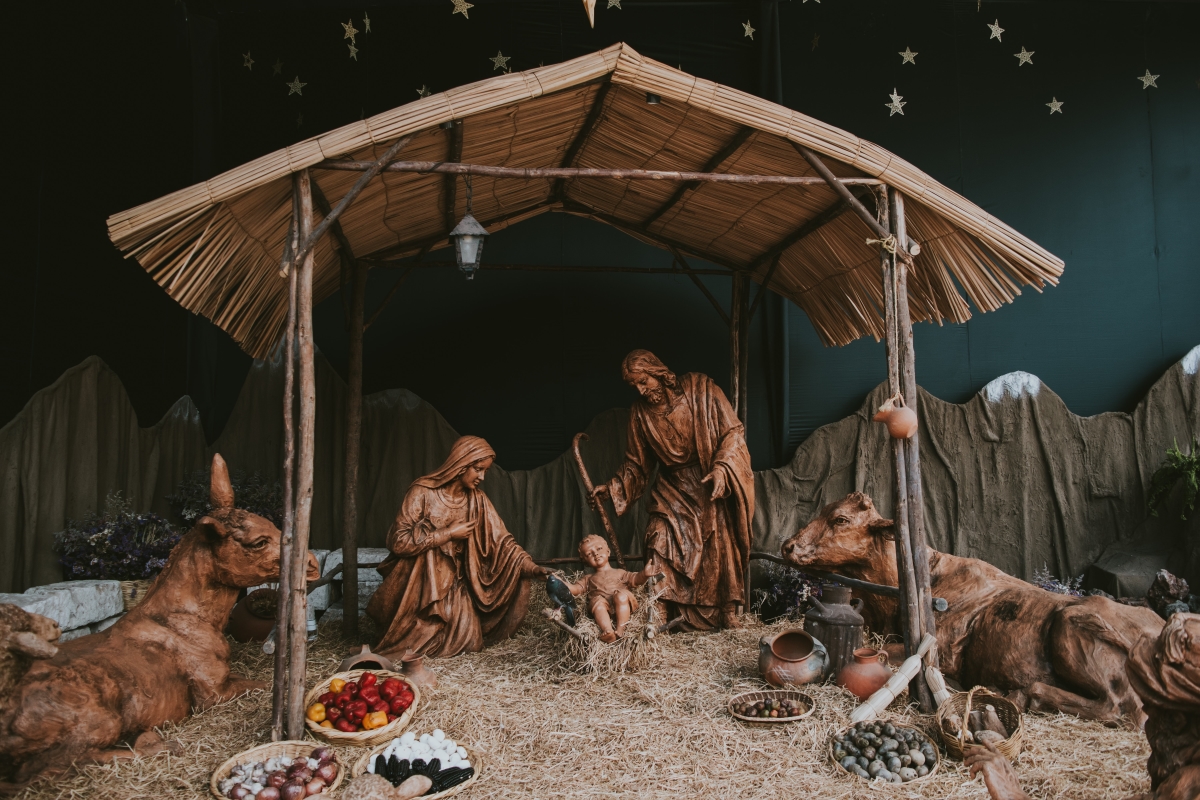
One Way Faith

The age of accountability
I did some study on the “Age of Accountability” and I can say that it depends person to person.
Many in the Christendom claim that it is twelve (12) years old. But nowhere in the Scripture it was specifically mentioned. The claim was the story of 𐤉𐤄𐤅𐤔𐤅𐤏 (pronunciation: yah-hu-shua; transliteration: Yahushua; also read: Why Yahushua?) when He preached in a Synagogue when He was twelve (12). But that’s about it.

Joel Rosenberg's lunch with President Arroyo
Joel Rosenberg is currently here in the Philippines. Yesterday, he had lunch with President Gloria Macapagal-Arroyo, together with Filipino Pastor Peter Tan Chi (senior Pastor of Christ Commission Fellowship), Israeli Pastor David Ortiz, and the Epicenter conference team.
The Epicenter team posted their summary of the meeting from their perspective (meaning, nothing from the President of the Philippines) and two things caught my attention.

Should Christians not celebrate Christmas?
It is the number one question many Christians (baby and mature alike) ask every time Christmas arrives. There are two camps - (1) those who say that we should not because it is not in the Christian Holy Bible and it is of pagan origin; and (2) those who say that we should celebrate it because it is the Birth of Jesus Christ, the Saviour of the world.
What now? On our left, it is not really written in the Christian Holy Bible that we should celebrate our Saviour’s birth and there is the possibility that Christmas did come from a pagan holiday. Then on our right, there should be nothing wrong with remembering the birth of our Lord Jesus Christ, right?

The YOOki Chronicles is Yohan Yukiya Sese-Cuneta’s return into casual and personal blogging. The name “YOOki” is a mash-up of the acronym of YourOnly.One and my nickname ᜌᜓᜃᜒ (Yuki・雪矢).
Interestingly, according to Chinese legend,
.1柳
(YOO) is an ancient Chinese surname. The ancestors of the surname were closely linked with the ancient sage-king named Yu Shun. In Korea, the 유
(YU) lineage traces to the Xia, Han, and Joseon dynasties. Holders of the surname Yu or Yoo had a reputation for charity and diligence
It is also the word for “willow” or the “willow tree” which means graceful or slender; and a tree growing near a body of water which provide continuous nourishment and resources for everyone. It can also mean to exist, an oil (anointment(?)), and simply as “U” (you).
The Hanzi 紀
(ki) character means to record, be disciplined, provide order. While the Hangeul equivalent, 키
(ki), means energy, spirit, a banner, and a period of time; and is also a suffix used to make a gerund or an infinitive.
